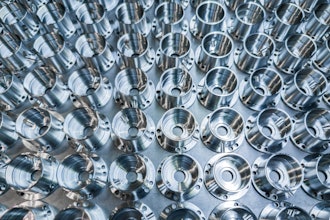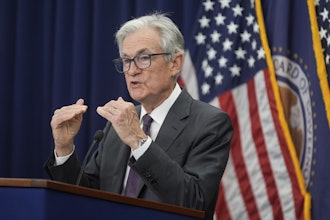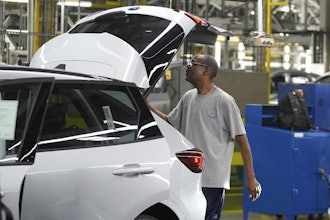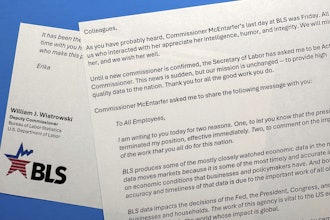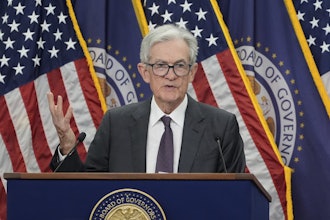
In 2020, companies in the industrial supply sector should be neither bullish or bearish but remain "status quo." Consider the mixed US economic performance in 2019 that benefited from an unexpected rise in the employment labor participation rate and corresponding lowered unemployment rate, but from a GDP standpoint saw a dip compared to 2018.
Moreover, last year, uncertainty and the missteps around tariffs had a muting effect on trade. For example, Ford Motor’s China-market sales were down significantly due to the trade war. This has had a ripple effect for Ford’s sub suppliers. Boeing also reports its China order rate was lower than it would have been because of the tariffs.
Companies should expect this uncertain climate to continue this year, especially with the ongoing Coronavirus pandemic as an added wild card. There is also fallout from the aerospace industry which has been impacted by ongoing issues at Boeing. How long does that take to resolve and how much additional uncertainty does that introduce?
More uncertainty comes from the new Phase 1 tariffs. It’s true that some of the technology transfer language in favor of the US is more robust. China also agreed to almost double what it imports from the US over the next two years, which would be a boon for sectors hit hard by the tariffs. If that comes true remains a question, and again, a looming Coronavirus increases the risk.
Also consider that the Phase 1 deal is an interim deal that still includes tariffs applied to approximately $270 billion dollars in total goods. Other tariffs at 15 percent are being cut in half. These tariffs will be in place until the Phase 2 deal is struck, and most likely will remain until after the election.
The question about what industrial supply businesses should do to prepare in 2020 depends on how heavily reliant they are on China imports. We work with a large glove supplier that sources globally and reports that only 5 percent of its business was subjected to China tariffs. Other distributors import commodity goods from China, and these companies should expect a more level competitive playing field in the US.
Companies who enjoy a non-China-bases supply chain, and thus avoid the 25 percent tariff to input costs, can continue to sell their goods at an unchanged level. Compare that to a company that imports 90 percent of its goods from China. This company faces increased costs and margin compression. The second company will have to reduce margins until they adjust their supply chain.
This is the new normal. These companies are facing a situation where either their margins are going to be squeezed, or they will have to adjust their supply chain to countries not subject to tariffs. Industrial supply companies will need to be transparent with customers on current sources of supply and potentially fluctuating prices.
In my view, tariffs are a success, as they have forced new supply sourcing opportunities from other countries and reduced the risk of technology transfer to China. Therefore, I expect tariffs to be an integral part of our foreign trade policy moving forward.
Net-net, 2020 economic growth is uncertain and industrial supply companies need to prepare as if nothing has changed from 2019. In this “new normal” a company cannot move an automotive manufacturing facility easily, but it can change its sub manufacturing to India and Asia, and away from China. The ability to adjust depends upon the competitive landscape and the difficulty to remake your supply chain.
 Wiborg
Wiborg











